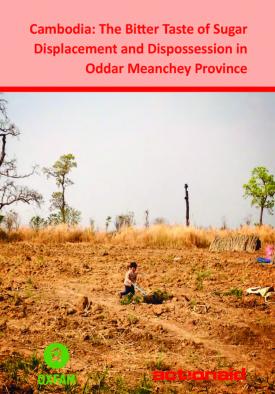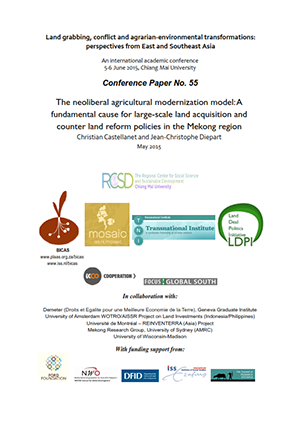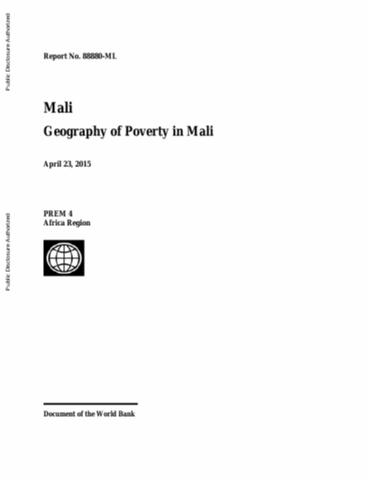Tanzania Poverty Assessment
Since the early 2000s, Tanzania has seen
remarkable economic growth and strong resilience to external
shocks. Yet these achievements were overshadowed by the slow
response of poverty to the growing economy. Until 2007, the
poverty rate in Tanzania remained stagnant at around 34
percent despite a robust growth at an annualized rate of
approximately 7 percent. This apparent disconnect between
growth and poverty reduction has raised concerns among





